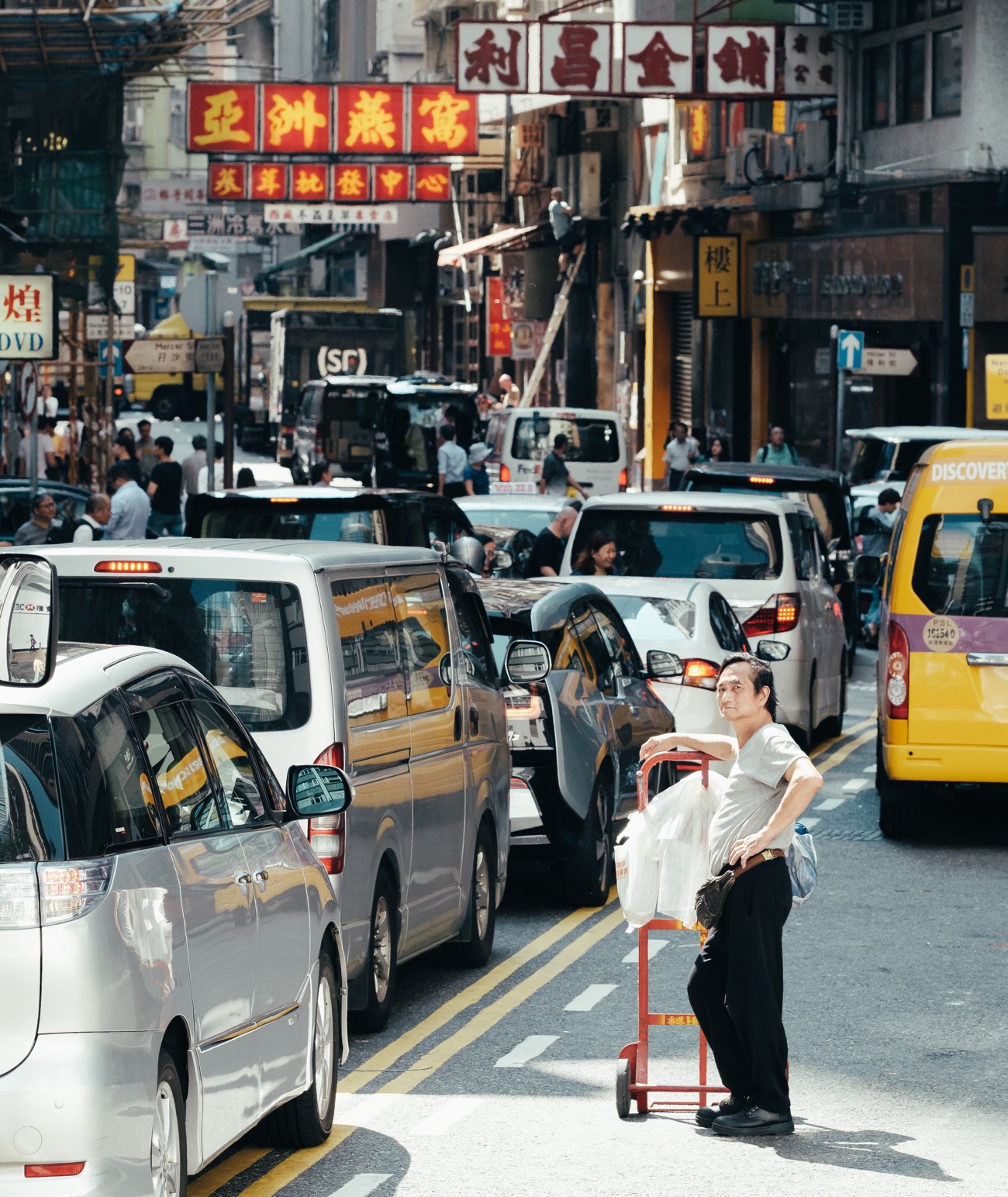Kuora: Hong Kong and mainland China are twins separated at birth

July 1 marked the 21st anniversary of Hong Kong’s return to mainland Chinese control. (And how did China ever lose Hong Kong to begin with? Read this Kuora about the Opium War and China’s century of humiliation.) This week’s column, originally posted to Quora on December 13, 2014, looks at how Hong Kongers and mainland Chinese get along, and was written near the end of one of the most momentous events in Hong Kong’s recent past, the two-and-half-month-long Umbrella Movement:
What do Hong Kongers and mainland Chinese think about each other?
I’m not technically a mainland Chinese person, though my parents were both born on the Chinese mainland and I’ve lived here, at time of writing, for over 18 years continuously, 20-plus in all. I’ll offer here a composite of different iterations of an analogy I’ve heard, especially since the so-called Umbrella Movement began, that captures how many of my mainland Chinese friends view Hong Kongers. This is not of course necessarily representative.
A couple of very modest means gives birth to twin boys. One of the brothers is kidnapped as an infant, though, and ends up being raised by a wealthy couple from the big city. He knows that they aren’t his biological parents, and knows that some injustice was responsible for his having been raised in much more comfortable circumstances. But he has naturally very mixed feelings about being returned to his biological parents: Not only has he really only known them since he was very young, but under them he has money, a good education, opportunities to travel, nice clothes, and lots of privileges that his twin brother, of whose life and circumstances he’s actually quite aware, does not enjoy.
But before his age of majority, justice at last prevails and he is returned to his biological parents who become his legal parents. By this point, they’re not as impoverished as they were back when he was kidnapped, and in the years following his return, they actually do much better. They’re nouveau riche, though, and while they now have some means, their tastes and their behavior often betray their origins.
The biological parents do everything they can to ensure that their long-lost son enjoys the same life that he’s grown accustomed to. They don’t change the rules about his curfew, even though his twin brother has a very early one. They let him drive long before his twin brother, in keeping with his adoptive parents promise to let him get a driver’s license at 16. He wears nicer clothes, eats a different, more refined cuisine, gets to go to a private school.
Meanwhile, his twin brother tries his best to accept this and understand it, even if he’s put off by the arrogance his privileged twin often assumes. He gets angry, though, at his twin’s open defiance of his parents and for the way he can barely disguise his longing for his adoptive parents, even if the adoption was completely illegitimate. He sees the way he regards his biological parents as too strict, as not much more than cashed-up bumpkins, with vulgar tastes and habits. When the underprivileged brother visits his twin, who has his own separate room with its own entrance, he’s constantly subjected to mockery for his lack of refinement and proper etiquette, for tracking mud in, for his unfashionable attire, for his coarse habits.
And now, because the biological parents won’t let the privileged son get his own place and move out at 17, as they once said he could, he’s thrown a major tantrum, trashing his room and refusing to do any of his chores.
Obviously it’s just an analogy, but I think it conveys well the way that many mainland Chinese view their Hong Kong counterparts.
Kuora is a weekly column. Photo by David Clarke






